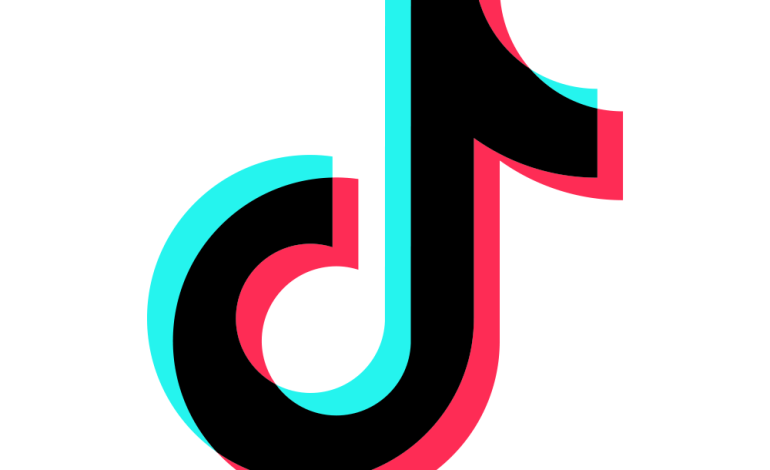
Late last month, the world’s largest music label, Universal Music Group (UMG), released an open letter regarding the use of the company’s music on the social media platform TikTok. According to UMG, their music licensing agreement with TikTok was due for renewal on January 31st however, it appears that contractual negotiations between the two companies have allegedly collapsed. The day before UMG’s licencing agreement expired, the label released an open letter to the “Artist and Songwriter Community” which stated that TikTok refused to fairly compensate UMG artists for the use of their music on the app. UMG’s open letter stated:“TikTok’s tactics… shortchanges artists and songwriters as well as their fans”.
TikTok is a short-from video sharing platform that allows content creators to use copyrighted music in their videos. This feature is central to TikTok’s appeal, with viral trends on the platform often featuring copyrighted music. One such trend involved Sophie Ellis-Bextor’s ‘Murder On The Dancefloor’ which became one of the most used tracks on the app after its feature in Emerald Fennel’s 2023 film Saltburn. As a result, the 2001 dance track shot up the UK top 100 as well as charting in the US for the first time. In light of TikTok’s reliance on copyrighted music, much of which is owned by UMG, the label has said: “Ultimately TikTok is trying to build a music-based business, without paying fair value for the music.”
UMG’s open letter states concerns over artist compensation, the use of AI songs, a topic that UMG has been critical of before, and the poor moderation on the platform. Although all these issues are common on TikTok, the timing of UMG’s open letter would suggest that an inadequate licencing deal was the catalyst for UMG’s dissatisfaction with the platform. UMG stated that the social media company’s offer was “worth less than the previous deal, far less than fair market value and not reflective of their [TikTok’s] exponential growth.”
The same day that UMG released their open letter, a representative from TikTok responded, saying: “Universal Music Group has put their own greed above the interests of their artists and songwriters.” TikTok’s response aimed to portray the platform as one that “serves as a free promotional and discovery vehicle for their [UMG’s] talent.” Although it is true that artists often see an increase in attention from exposure on TikTok, this increased traffic is rarely sustained on a long-term basis.
Artists on TikTok are paid per video rather than per view. According to the music promotion company, SoundCampaign, artists with an 100% share of their own royalties receive $0.003 (£0.0024) per video that features their music. Artists receive no payment with regards to views on individual videos that include their work.
UMG has accused TikTok of “selectively removing the music of certain… developing artists, while keeping on the platform… audience-driving global stars.” In response to these poor negotiations, UMG has pulled some of its music from TikTok. Aiming for maximum disruption UMG has, at time of writing, removed both Drake’s and Taylor Swift’s official music from TikTok.
Universal’s actions have already been received poorly by many TikTok creators. TikTok creator Evan Cronin, who spoke to The New York Times today, has had music retroactively removed from his videos, making his content an “essentially a dead post”.
Artists have responded with their own reactions to the UMG dispute, with indie singer Beabadoobee acknowledging the removal of her work from TikTok. In her response, Beabadoobee posted a video that includes a version of her song ‘Talk’ played at two times speed in order to circumvent automated copyright recognition on the platform.
Whether this dispute reaches a resolution or not, it is clear that, for now, many of the world’s largest artists will have their music entirely removed from TikTok. With UMG having no current disputes with other short-form video platforms like Instagram Reels and YouTube Shorts, it remains to be seen whether TikTok creators will end up migrating to other platforms which have working relationships with UMG.
